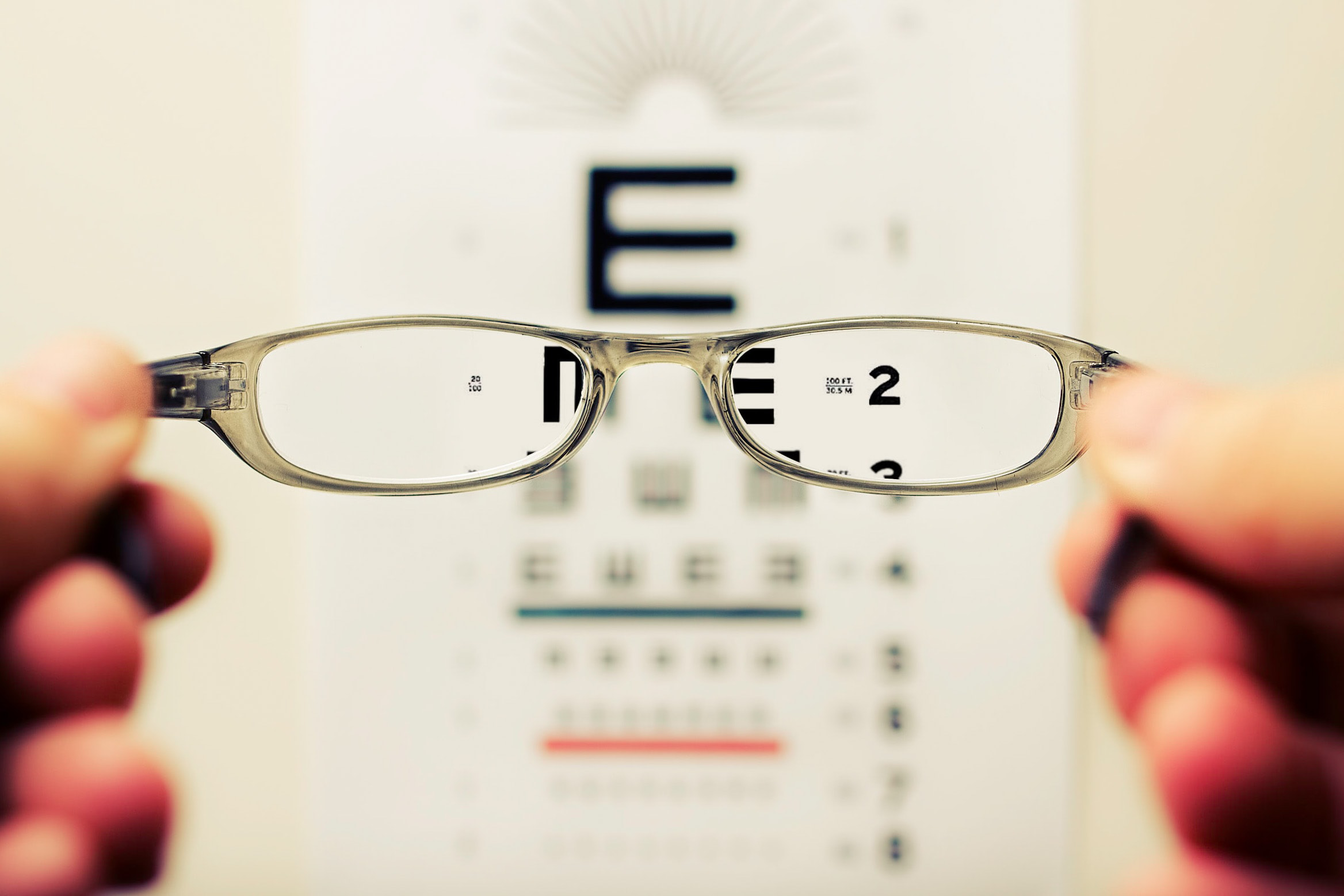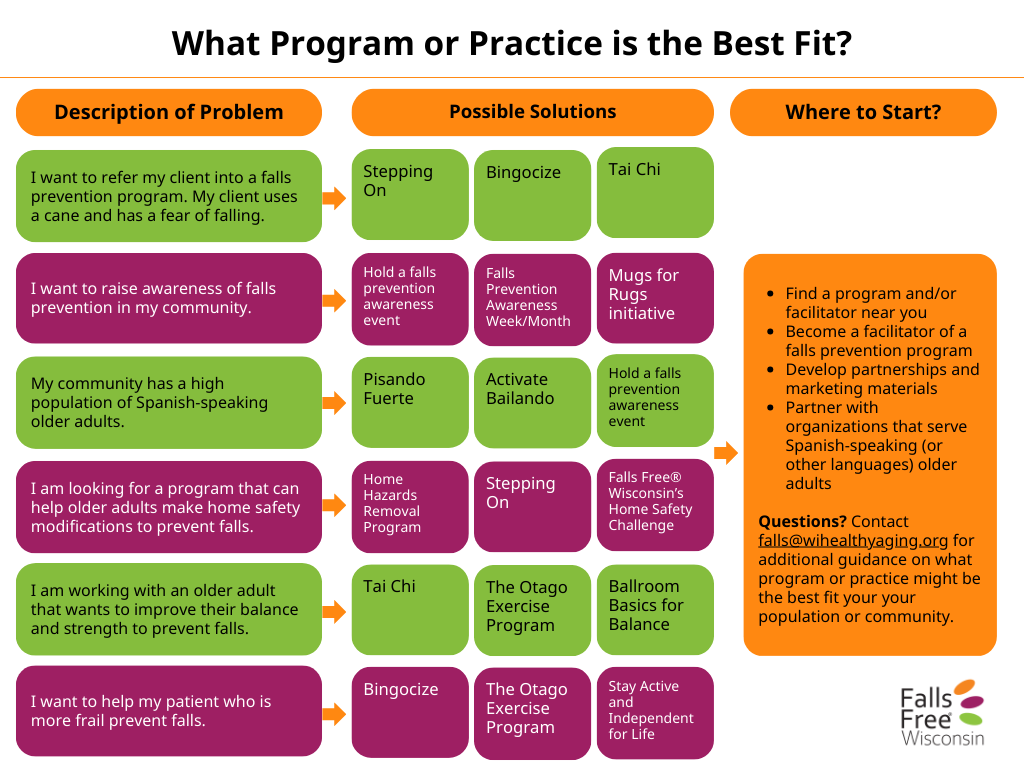Our vision can change as we age. Changes such as contrast sensitivity, difficulty with glare, depth perception, decreased peripheral vision, and needing more lighting to see are some of the things that we must learn to adapt to.
Research shows that impaired vision more than doubles the risk of an older adult experiencing a fall, while having both impaired vision and hearing increases the risk even further. Vision and hearing are important senses when it comes to balance and mobility.
Don’t ignore changes to your vision. Get an eye exam at least once a year. Eye exams can identify any potential vision changes or diseases and update contact and glasses prescriptions as needed. If you do get a new prescription, it can take time for your eyes to adjust. Be sure to take extra care until you get used to the change.
According to the Centers for Disease Control and Prevention (CDC), vision impairment often goes hand-in-hand with other chronic diseases, which can also increase the risk of a fall. Chronic conditions often require use of prescription drugs which may have side effects that affect balance or strength. Talk to your provider if you have any chronic conditions about the potential impact on your vision.
Changes in vision can be hard. It may lead you to push yourself to do things without allowing accommodations for changes in eyesight or you may isolate yourself because of your vision changes, which can increase your risk of falling. Isolating yourself may mean that you reduce your activity, which can lead to decreased muscle strength and balance, which in turn can lead to a fall.
Use sunglasses and/or wear a hat to reduce glare and protect your eyes from UV rays in the sun.
Improve lighting throughout your home.
When you are walking, don’t look at your feet. Instead, scan ahead of you to ensure you are aware of your surroundings.
The State of Wisconsin’s Office for the Blind and Visually Impaired (OBVI) has resources that can help people who are blind or visually impaired. OBVI has specialists that cover every county throughout the state.
Share this page’s information with others via the page download:


